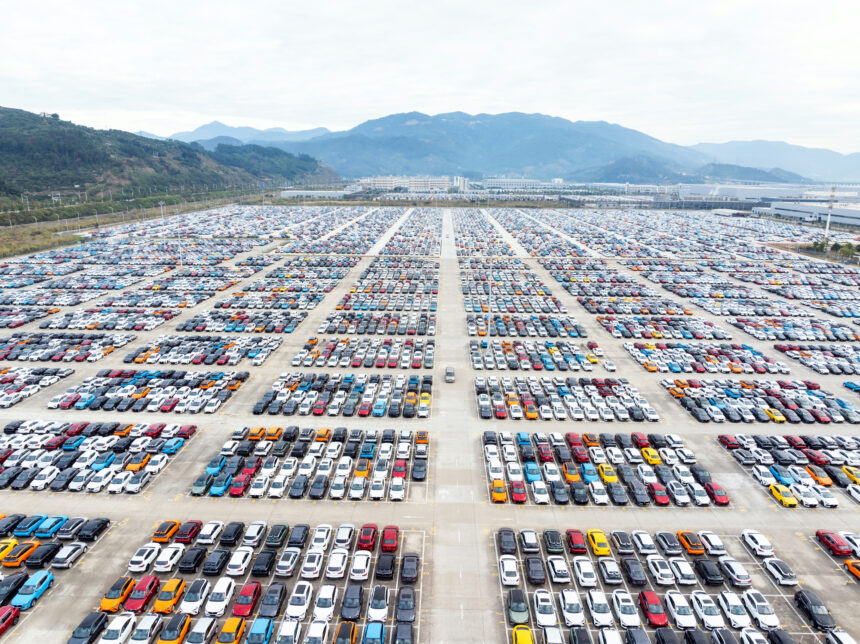
China’s incredible overcapacity in auto production is finding new ways to enter global markets.
Amid a global backlash against China’s market-distorting overcapacity, Chinese car companies are pouring resources into developing manufacturing capacity outside China. A new report from research institute BloombergNEF reveals that. Notably, this new investment is focused on building overseas factories that can manufacture cars from start to finish, rather than assembling Chinese-made car parts at overseas locations.
According to company announcements, the total production capacity of Chinese automakers is set to 2x In 2023, it will reach an annual production capacity of 1.2 million units in nine countries, and by 2026 an impressive 2.7 million units in 12 countries.
from bloomberg:
“BYD Co., Ltd.China’s best-selling car brand alongside Chinese government-backed manufacturers Chery Automobile Co., Ltd., Changan Automobile Co., Ltd.GAC Auto Corp. SAIC Motor CorporationAccording to BNEF, it has announced 10 new and expansion projects for overseas factories from 2023 to August 31. Popular regions include Thailand, Indonesia, and Brazil. ”
The Biden administration will protect the U.S. auto industry from the worst of China’s massive overproduction of cars by imposing 100% tariffs on Chinese electric vehicles (EVs) and banning vehicles equipped with Chinese-made connected technology. has been mostly protected. And clearly, White House officials are well aware of the dangers ahead, as comments from economic adviser Lael Brainard highlighted. last month:
“China is pushing a wave of car exports into the global market on the back of its own overcapacity. , this administration is determined that there will be no second China Shock,” Brainard said at the Detroit Economic Club. “That means we need to put safeguards in place now, before a flood of unreasonably low-priced cars jeopardizes the U.S. auto sector’s ability to compete fairly on the world stage,” he added at the Detroit event.
However, the US has suffered tragic consequences for failing to prevent the Chinese government from distorting the market. Many times (America’s steel, glass, paper, and tire industries have seen this up close). China’s increased avoidance efforts should serve as a call to action. The United States should at least maintain tariffs on auto imports from China, but at the same time strengthen trade tools with laws like the Leveling the Playing Field Act 2.0, which streamline anti-avoidance investigations and expedite remedies. Needs to be modernized.
The U.S. auto industry is too important to both our economy and national security to yield to the Chinese government’s plans. As I warned you in February report:
“The domestic auto industry, employing millions of American workers and intricately connected to hundreds of other industries, is essential to American manufacturing. Exposure to competition is critical to the country’s economic security.The commercial backdoor that remains open to Chinese car imports will be closed before it causes mass factory closures and job losses in the United States. Should.”
Unfortunately, closing these doorways will become increasingly difficult as Chinese auto factories expand into overseas markets. The same goes for former President Trump. I was invited by mistake in America.. We are receiving an increasing number of calls from households regarding concerns about China’s overcapacity in automobile production. These upcoming Chinese car factories, based in Thailand, Sweden, Mexico, etc., are draped in other countries’ flags, but they are dominating their global competitors with artificially cheap Chinese-made cars and taking over the global car market. It greatly fulfills the Chinese government’s mission to seize control.








